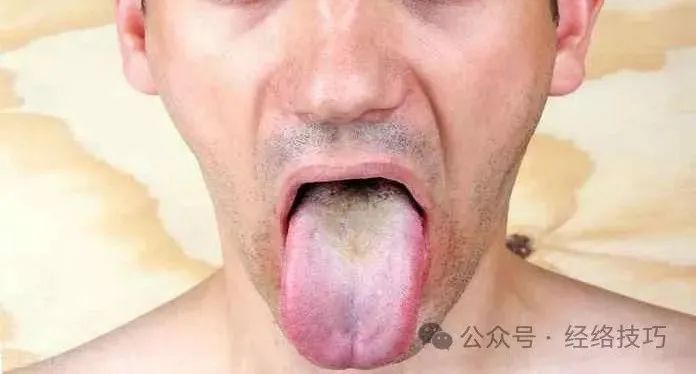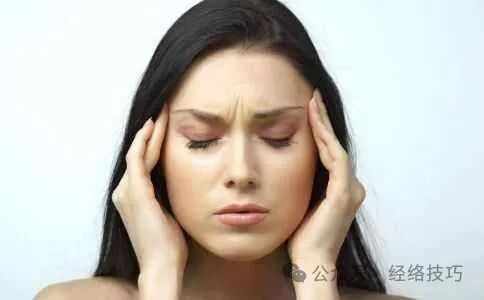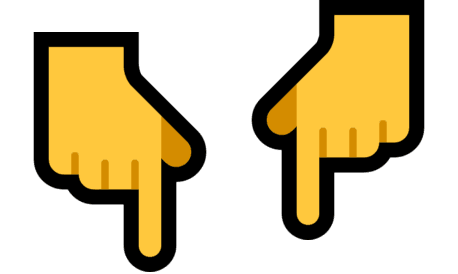Click the title below to continue reading (Click the text below to view)
| Acupuncture Point Inquiry | Comprehensive Therapy Techniques | Cupping Techniques |
| Gua Sha Techniques | Acupuncture Techniques | Tuina Massage Techniques |
| Hand Diagnosis Techniques | Facial Diagnosis Techniques | Tongue Diagnosis Techniques |
| Huangdi Neijing Videos | Secret Formula Collection | Disease Inquiry |
—— The following is the main text ——
Yin deficiency refers to a condition in which the body’s yin fluids are insufficient, failing to nourish and restrain yang energy, leading to an excess of yang energy and an imbalance of yin and yang. Yin fluids refer to the body’s water, bodily fluids, essence, and blood, which primarily serve to nourish, moisten, reduce heat, and clear away fire. Yang energy refers to the body’s qi, fire, and heat, which primarily serve to warm, move, transform, and defend. Yin and yang are fundamental theories in TCM, positing that the human body is a whole where yin and yang mutually depend on, restrict, and transform each other; the balance of yin and yang is a sign of health, while imbalance is the root of disease.

Causes of Yin Deficiency
Congenital Insufficiency
This refers to hereditary factors or poor fetal development leading to congenital yin fluid deficiency. Individuals with this type of yin deficiency often exhibit symptoms from a young age, such as pale complexion, weak constitution, susceptibility to colds, and delayed growth and development. Such individuals need to pay attention to replenishing yin fluids from an early age, such as drinking more water, eating more fruits, and consuming foods rich in protein and vitamins.
Acquired Imbalance
This refers to excessive consumption of yin fluids due to irregular diet, emotional distress, overwork, or damage from diseases. This can be caused by lifestyle habits or environmental factors, such as excessive alcohol consumption, smoking, staying up late, high stress, emotional fluctuations, and long-term medication use. It is necessary to adjust lifestyle habits, such as reducing spicy, greasy, and barbecued foods, and increasing the intake of light, yin-nourishing, and moistening foods like lily (baihe), tremella (yin’er), sesame (zhizhi), honey (fengmi), and milk (niunai); also, rest more, relax, regulate emotions, and exercise appropriately to enhance physical strength, promote qi and blood circulation, and harmonize yin and yang.

Mixed Deficiency and Excess
This refers to the presence of some pathogenic factors while also having yin deficiency, such as infections, inflammation, or tumors, leading to aggravated yin deficiency. Individuals with this type of yin deficiency may experience external pathogens or internal injuries, such as exposure to cold, heat, dampness, wind, or toxins, or due to emotional distress, excessive worry, fear, or shock, leading to the depletion of yin fluids and excess yang energy, while also having some pathogenic factors present, such as phlegm, blood stasis, damp-heat, or fire toxins, which exacerbate the symptoms of yin deficiency, such as high fever, bleeding, ascites, or ulcers. It is also necessary to apply TCM differential diagnosis and treatment, such as using formulas to clear heat and detoxify, invigorate blood and resolve stasis, transform phlegm and disperse nodules, and nourish yin and reduce fire, to regulate yin and yang and restore balance.
Manifestations of Yin Deficiency
Heat Symptoms
Due to insufficient yin fluids, which cannot clear heat and reduce fire, and with excess yang energy, individuals with yin deficiency often experience heat symptoms such as warm palms and soles, night sweats, irritability, insomnia, dry mouth and throat, and flushed face. Due to the excess fire from yin deficiency, for example, lung yin deficiency may present with cough, hemoptysis, and hoarseness; heart yin deficiency may present with palpitations, insomnia, forgetfulness, and vivid dreams; liver yin deficiency may present with dizziness, dry eyes, blurred vision, and irritability; kidney yin deficiency may present with soreness in the lower back and knees, tinnitus, nocturnal emissions, premature ejaculation, and menstrual irregularities. These heat symptoms require treatment methods to nourish yin and reduce fire, such as using Anemarrhena (zhimu), Ophiopogon (maidong), Asparagus (tiandong), Dendrobium (shihu), Goji Berries (gouqi), and tortoise shell (gui ban), or consuming foods like watermelon (xigua), pear (li), water chestnut (bixie), lotus seeds (lianzi), and lily (baihe) to increase yin fluids and reduce yang energy, restoring the balance of yin and yang.

Dry Symptoms
Due to insufficient yin fluids, which cannot nourish and moisten, individuals with yin deficiency often experience dry skin, dry lips, dry stools, oral ulcers, toothaches, and acne. These dry symptoms are caused by the deficiency of yin fluids, such as lung yin deficiency presenting with dry skin, dry lips, and oral ulcers; heart yin deficiency presenting with toothaches and a red tongue with little coating; liver yin deficiency presenting with dry eyes, blurred vision, and acne; kidney yin deficiency presenting with dry stools and yellow urine. These dry symptoms require treatment methods to nourish yin and moisten dryness, such as using Glehnia (shashen), Polygonatum (yuzhu), Ophiopogon (maidong), lily (baihe), sesame (zhizhi), and honey (fengmi), or consuming foods like milk (niunai), soy milk (doujiang), walnuts (heitao), peanuts (huasheng), and sesame paste (zhizhi hu) to replenish yin fluids and moisten dryness, restoring the balance of yin and yang.
Deficiency Symptoms
Due to insufficient yin fluids, which cannot generate qi and blood, individuals with yin deficiency often experience fatigue, dizziness, palpitations, shortness of breath, and a thin, rapid pulse. Due to the deficiency of qi and blood from yin deficiency, for example, lung yin deficiency may present with shortness of breath, cough, and hemoptysis; heart yin deficiency may present with palpitations, insomnia, forgetfulness, and vivid dreams; liver yin deficiency may present with dizziness, blurred vision, and irritability; kidney yin deficiency may present with soreness in the lower back and knees, tinnitus, nocturnal emissions, premature ejaculation, and menstrual irregularities. These deficiency symptoms require treatment methods to nourish yin and tonify qi, such as using Codonopsis (dangshen), Astragalus (huangqi), Angelica (danggui), Rehmannia (shudi), Chinese Yam (shanyao), and Goji Berries (gouqi), or consuming foods like chicken (ji), beef (niu), eggs (ji dan), milk (niunai), red dates (hongzao), and Goji Berries (gouqi) to increase yin fluids and replenish qi and blood, restoring the balance of yin and yang.
Explore the history of TCM through acupuncture points; for acupuncture techniques and applications, please click belowAcupuncture TechniquesFollow our public account for free ↓↓↓
⊙ Note:This content is for the purpose of popularizing TCM knowledge or for learning reference. Please operate and use under the guidance of a physician if necessary. This platform does not bear any responsibility for any consequences arising from this!If you have any questions, please leave a message at the bottom[Leave a Message] section.Exciting content continues tomorrow at 1 PM……
